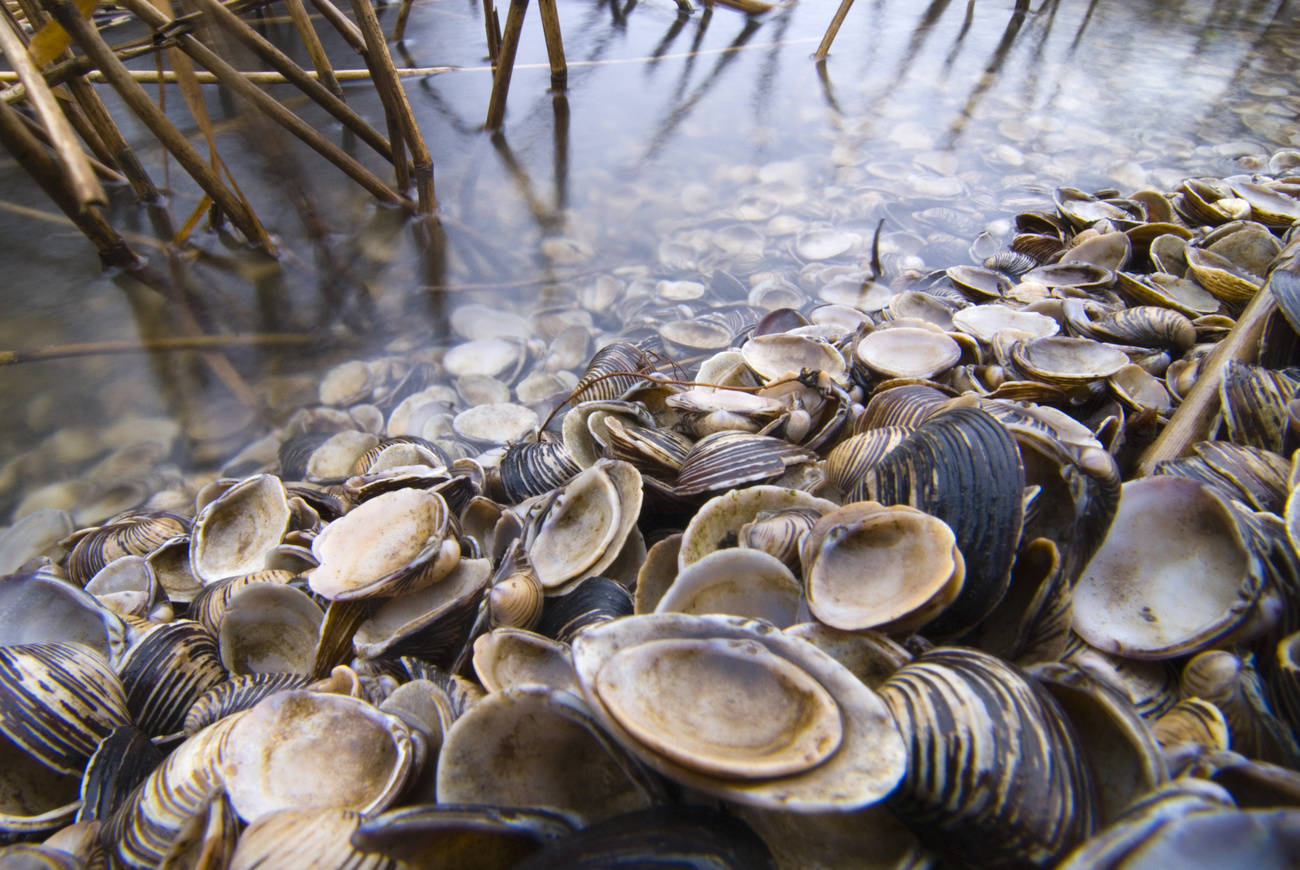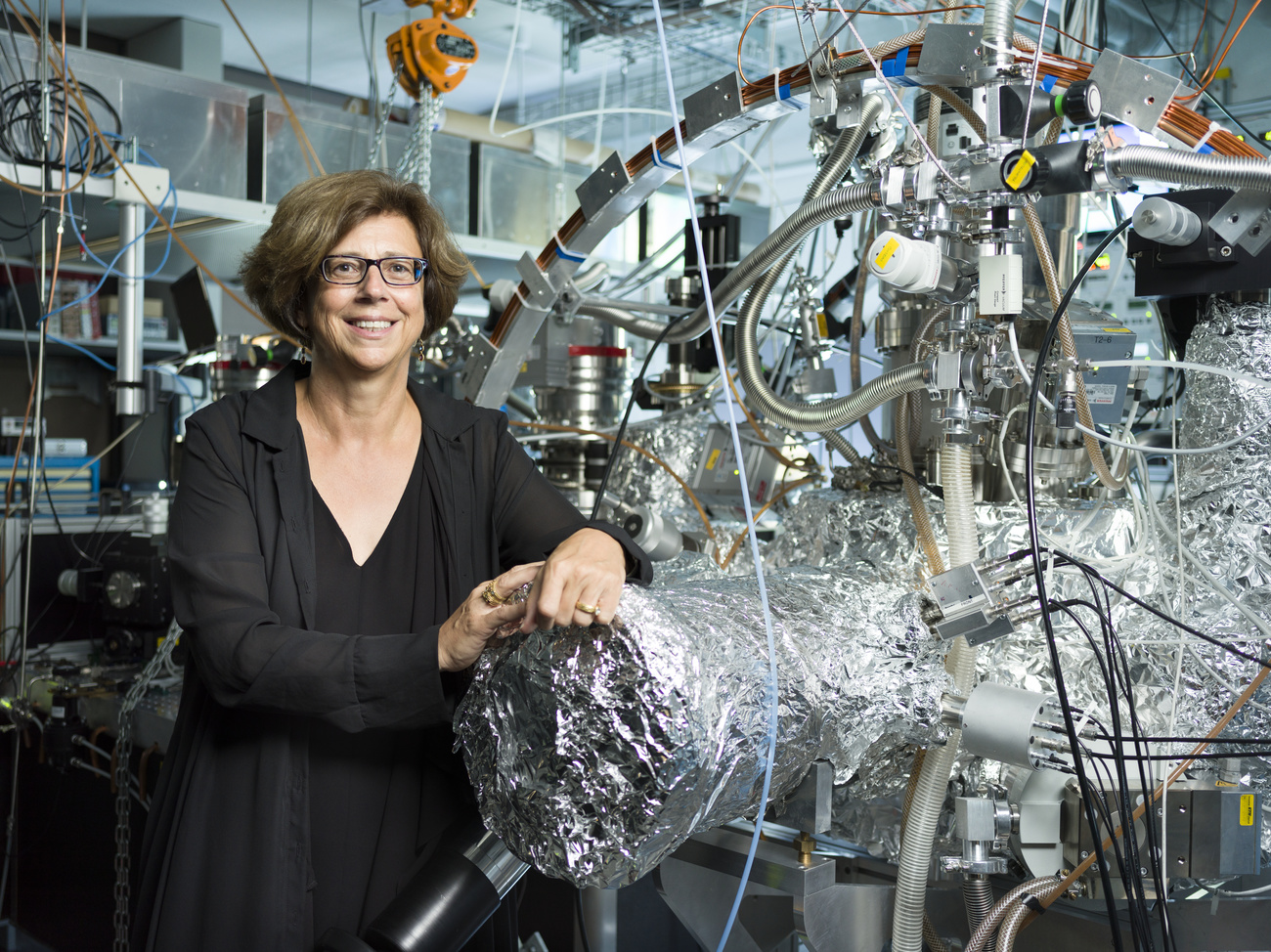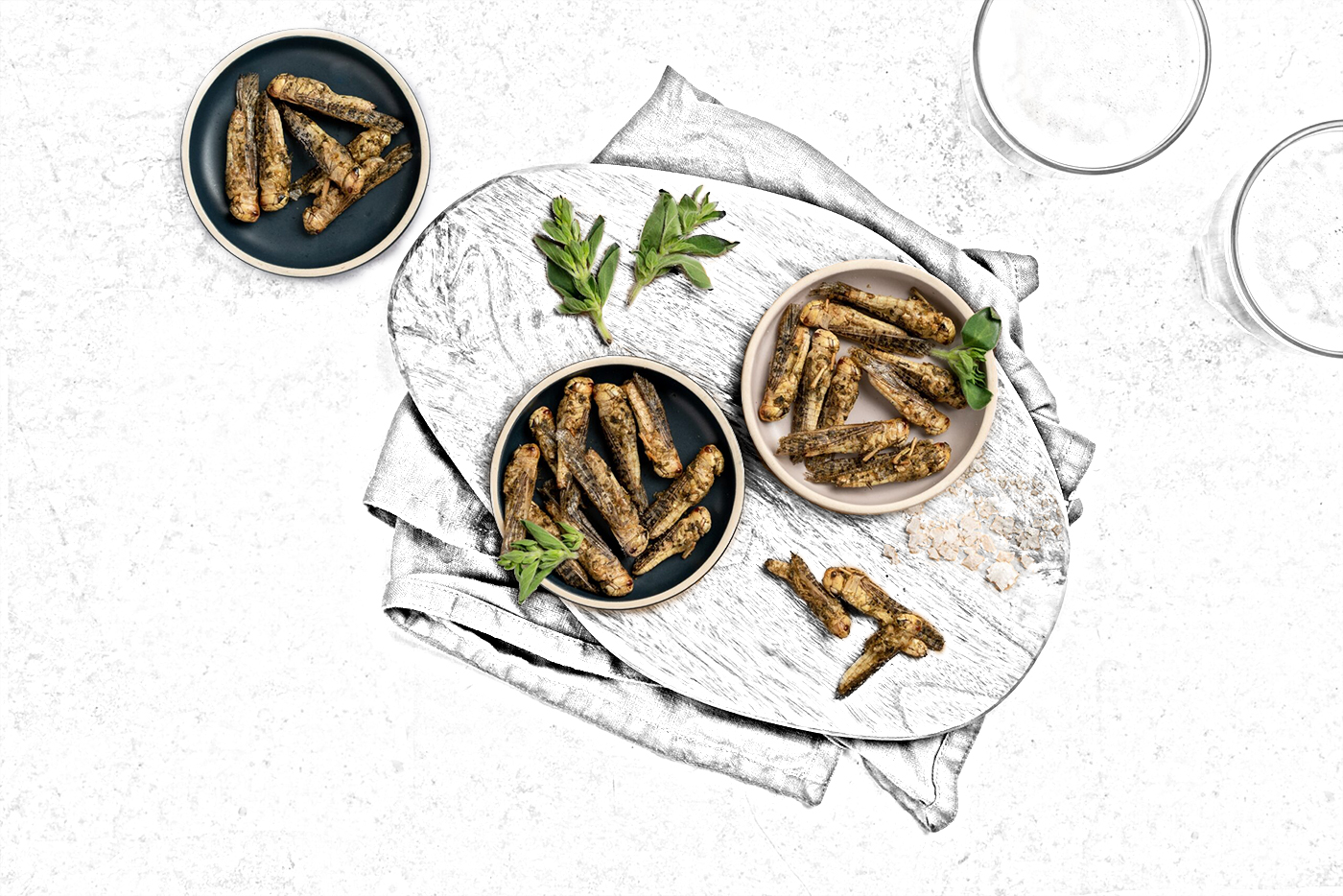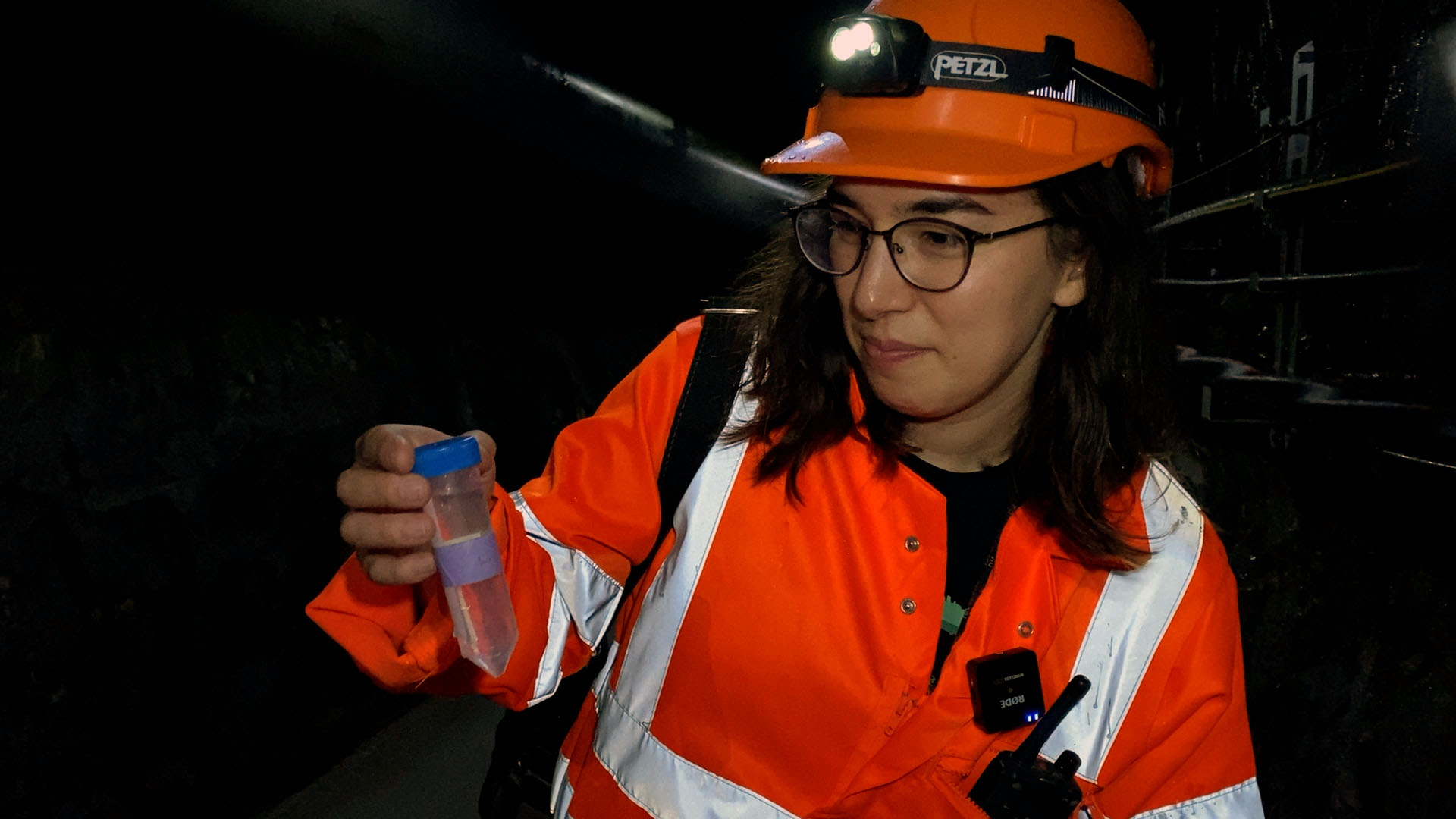
Switzerland strives for a more sustainable economy
Billions of tonnes of materials are used to produce goods and then thrown away. With consumption and inflation constantly on the rise, Switzerland could do more to transition to a circular economy.
Produce, consume and throw away. Until now, this has been the linear model of economy dominating all developed countries, including Switzerland.
Of the 100 billion tonnes of materials consumed in the world, only 9% are reused. In a circular economy more materials would be reintroduced into the supply chain, closing the ‘circle of life’ of the products we consume. This concept is based on the idea of creating value by repairing, reusing and recycling existing materials and products for as long as possible.
A big consumer of raw materials
Switzerland is not a country rich in raw materials, but it consumes a lot of them and produces a large amount of waste – between 80 and 90 million tonnes per year. The annual volume of waste per person is about 703 kg – the third highest in Europe, after Denmark and Norway. The reasons for this are high per capita income and steady population growth.
The price our planet pays for the standard of living in rich countries is very high. The current economic cycle is exacerbating the shortage of raw materials, the waste problem and environmental pollution. This reality calls for a change of pace, and politicians in Switzerland are well aware of this: the Swiss government is encouraging the implementation of the circular economy, especially in certain sectors where the use and waste of raw materials is high. Some of these are construction, agriculture, food, transport, mechanical engineering and the chemical industry.
Closing the loop in the supply chain
Although Switzerland recycles half of its waste and is committed to better recovery of raw materials, there is still much to be done: more than 5 million tonnes of asphalt, concrete and other materials are not recovered. Textile fibres and plastics could also be reused more.
My colleague Michele Andina made this video to explain what the circular economy is and how Switzerland could drastically reduce its exploitation of the world’s resources and its environmental footprint by changing its economic model.
>> The circular economy, a new way of making and using things:
The circular economy was also the focus of the Swiss Green Economy SymposiumExternal link, where people from business, politics, science and civil society came together to discuss sustainability.
What could we do in our daily lives to promote the circular economy? Let me know what you think!
More science and technology from Switzerland – my top picks:
Our polar blog is back, this time with stories from three PhD students who are studying the phenomenon of Arctic greening:

More
Droppings of Arctic seabirds enrich the environment
Invasive species such as Asian clams are colonising Swiss lakes. It is difficult to get rid of them, but my colleague Susan Misicka had an idea: why not eat them?

More
Lake invaders: alien shellfish trouble Swiss waters
Two female scientists in Switzerland have been awarded the most prestigious scientific prizes: physicist Ursula Keller and public law expert Kerstin Noëlle Vokinger:

More
Two women win this year’s top Swiss science awards
Insects could fight malnutrition and climate change. But the Swiss are still sceptical about edible insects:

More
Eating insects is still a lot to ask
Geobiologist Cara Magnabosco searches for the origins of life below the ground in Switzerland:

More
Looking for the origins of life deep underground

In compliance with the JTI standards
More: SWI swissinfo.ch certified by the Journalism Trust Initiative
































You can find an overview of ongoing debates with our journalists here . Please join us!
If you want to start a conversation about a topic raised in this article or want to report factual errors, email us at english@swissinfo.ch.